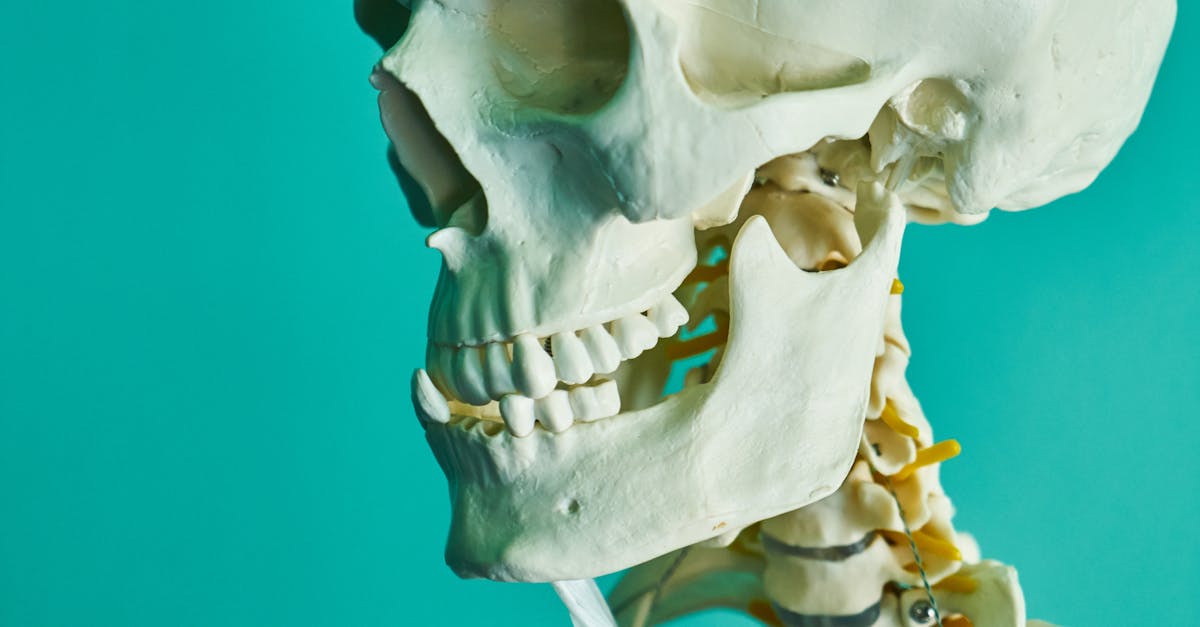
How long after implants can I travel?
Preparing for Travel
Considering the timing of your dental implants is crucial for a successful travel experience. It is generally advisable to wait at least a few days before embarking on a journey. This waiting period allows for initial healing and reduces the risk of discomfort during travel. Planning your trip well in advance ensures that you accommodate any follow-up appointments and your recovery needs.
When preparing to travel, gathering essential items is vital. Carry a travel kit that includes medications, oral hygiene supplies, and any necessary paperwork related to your dental procedure. Ensure you are familiar with your destination's medical facilities in case of unexpected issues. Being well-prepared can help alleviate anxiety and contribute to a more enjoyable trip.
Here is a great resource for anyone looking to expand on this topic.
Essential Tips for a Smooth Journey
When preparing for travel after dental implants, it's vital to ensure you have all necessary supplies on hand. Bring additional pain relief medication as prescribed, along with any antibiotics, if required. A small dental care kit, including a soft toothbrush and non-alcoholic mouthwash, will help maintain oral hygiene on the go. Consider packing snacks that are gentle on your teeth and gums to prevent discomfort while travelling.
Stay hydrated throughout your journey. Drinking water can aid in reducing any swelling while helping to keep your mouth moisturised. If there's a long journey ahead, take breaks when possible to stretch and relax your jaw. Keep emergency contact details for your dental professional accessible in case any concerns arise during your travels. This preparation will contribute to a more comfortable experience post-implant surgery.
Post-Operative Care
Recovery following dental implant surgery is crucial for ensuring the longevity and success of the implants. It's essential to follow the post-operative care instructions provided by your dentist. This typically includes managing any discomfort with prescribed pain relief and monitoring the surgical site for signs of infection. Keeping the area clean is vital, so gentle rinsing with a saline solution may be recommended.
Hydration and nutrition also play a significant role in the healing process. Consuming soft foods can help to minimise strain on the implants while promoting comfort. Avoiding strenuous activities, especially during the initial weeks, reduces the risk of complications. Regular follow-ups with your dentist will aid in monitoring the healing progress and addressing any concerns that may arise.
Maintenance During Travel
Ensuring proper care of dental implants while travelling is crucial for long-term success. Brush and floss your teeth regularly, ideally after every meal. Carry a travel-sized toothbrush and a small tube of toothpaste to make this routine easier. Additionally, consider bringing dental floss or interdental brushes to maintain cleanliness between the teeth.
Stay hydrated during your journey. Drinking plenty of water can help maintain oral moisture and wash away food particles. Be cautious with the types of food you consume, especially if you are away from home. Foods that are hard or sticky may pose a risk to your implants. If you experience any discomfort or issues with your implants during your travels, seek professional advice at the earliest opportunity.
Consulting Your Dentist
Before making any travel plans post-implant surgery, it is essential to seek advice from your dentist. They can provide specific recommendations based on your individual situation and healing progress. Your dentist will assess whether you are ready to travel and offer insight into potential risks associated with flying or road trips shortly after implants.
Professional guidance plays a crucial role in ensuring a smooth recovery process. Your dentist can discuss any signs of complications to watch for while away from home. Additionally, they might suggest precautions to take during your travels to protect your implants and overall dental health. Having this knowledge can greatly reduce anxiety and contribute to a more enjoyable travel experience.
Importance of Professional Advice
Seeking professional advice prior to travelling after dental implants is crucial. Dentists can provide tailored recommendations based on individual circumstances. They assess the healing progress and address specific concerns related to travel. This guidance helps mitigate potential complications, ensuring that discomfort is minimised during the journey.
A professional can also inform patients about necessary precautions while travelling, such as recommended activities and dietary restrictions. Discussing upcoming travel plans allows dentists to advise on managing pain or swelling effectively. This proactive approach reinforces a focus on health and safety, enabling a more enjoyable trip while prioritising recovery.
FAQS
How long should I wait to travel after getting dental implants?
It is generally recommended to wait at least 48 to 72 hours after getting dental implants before travelling, but it's best to consult your dentist for personalised advice based on your specific situation.
Can I fly after having dental implants?
Yes, you can fly after dental implants, but it's advisable to wait for a few days and ensure that you are feeling well and pain-free before making any travel plans.
What precautions should I take when travelling after dental implants?
Ensure you have all necessary medications, maintain good oral hygiene, and avoid hard or crunchy foods while travelling. It’s also wise to carry a dental emergency kit.
Will long flights affect my dental implants?
Long flights may cause discomfort due to changes in cabin pressure. It’s advisable to use pain relief as directed by your dentist and stay hydrated during the flight.
When should I consult my dentist before travelling after getting implants?
You should consult your dentist a week or two before your planned travel to discuss your readiness and any precautions you might need to take to ensure a smooth journey.
Related Links
Should you rest after dental implants?What is a negative about dental implants?
What country is the cheapest to get dental implants?